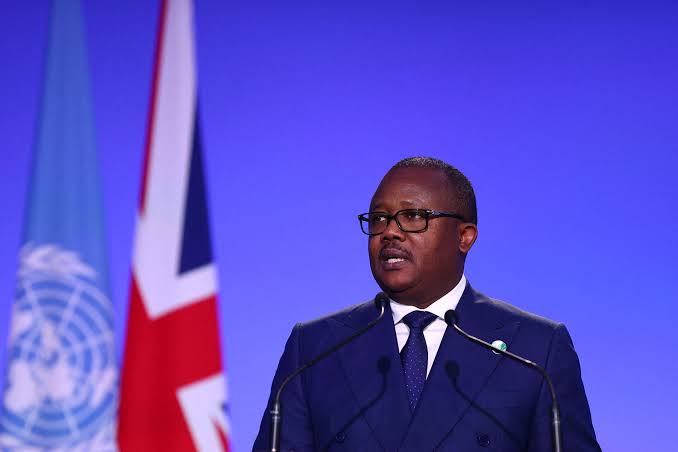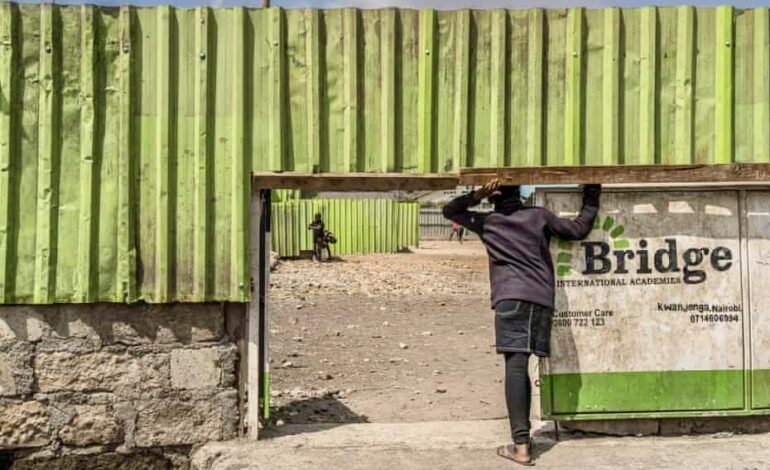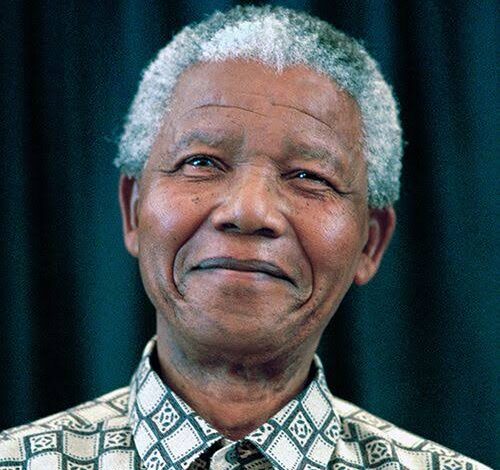
Faith Nyasuguta
Guinea-Bissau President Umaro Sissoco Embalo has taken a decisive step in the wake of recent armed clashes described as an “attempted coup d’état.”
The president dissolved the opposition-dominated Parliament just three days after the violent incidents that further deepened the political turmoil in this West African nation.
In a presidential decree communicated to the press, President Embalo announced the dissolution of Parliament, citing the “complicity” between the National Guard and “certain political interests within the state apparatus.”
He labeled the recent events as an attempted coup led by the National Guard and underscored the impossibility of the normal functioning of the Republic’s institutions due to the crisis.
Chronic political instability has plagued Guinea-Bissau since gaining independence from Portugal in 1974, with several coups marking its history, including one in February 2022.
The recent clashes involved elements of the National Guard storming the judicial police premises to extract government officials, leading to a standoff at a military camp that resulted in at least two casualties.
President Embalo accused the government of passivity in responding to the events, emphasizing the National Guard’s aim to obstruct investigations into government members.
The president, who has been in office since 2020, pointed out the tensions arising from the cohabitation mandated by the absolute majority achieved by the opposition coalition, particularly the African Party for the Independence of Guinea and Cape Verde (PAIGC), in the June 2023 legislative elections.

The president criticized Parliament for defending members of the executive suspected of corruption instead of upholding the law and controlling the government’s actions.
The recent unrest, rooted in political fractures within the state, is expected to have serious consequences, according to President Embalo.
As Guinea-Bissau faces this latest crisis, the dissolution of Parliament adds another layer of complexity to the country’s political landscape.
The decision to dissolve Parliament and the subsequent setting of a date for legislative elections will likely shape the trajectory of Guinea-Bissau’s political future in the coming months.
RELATED:




